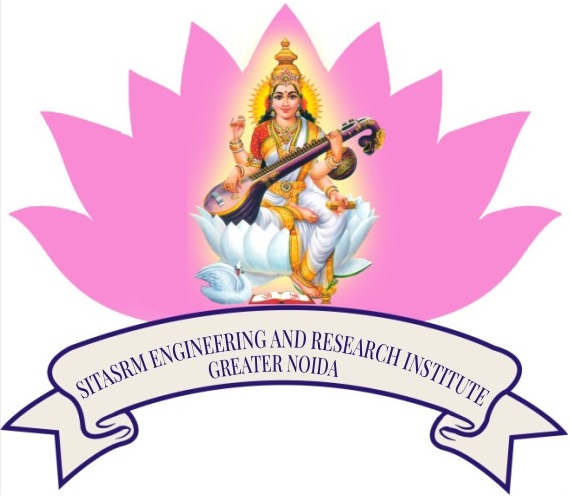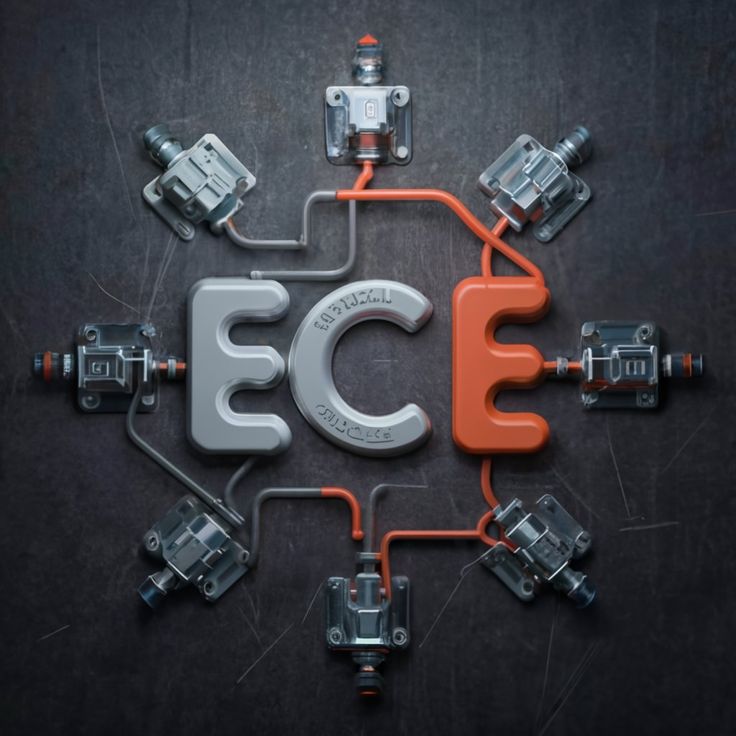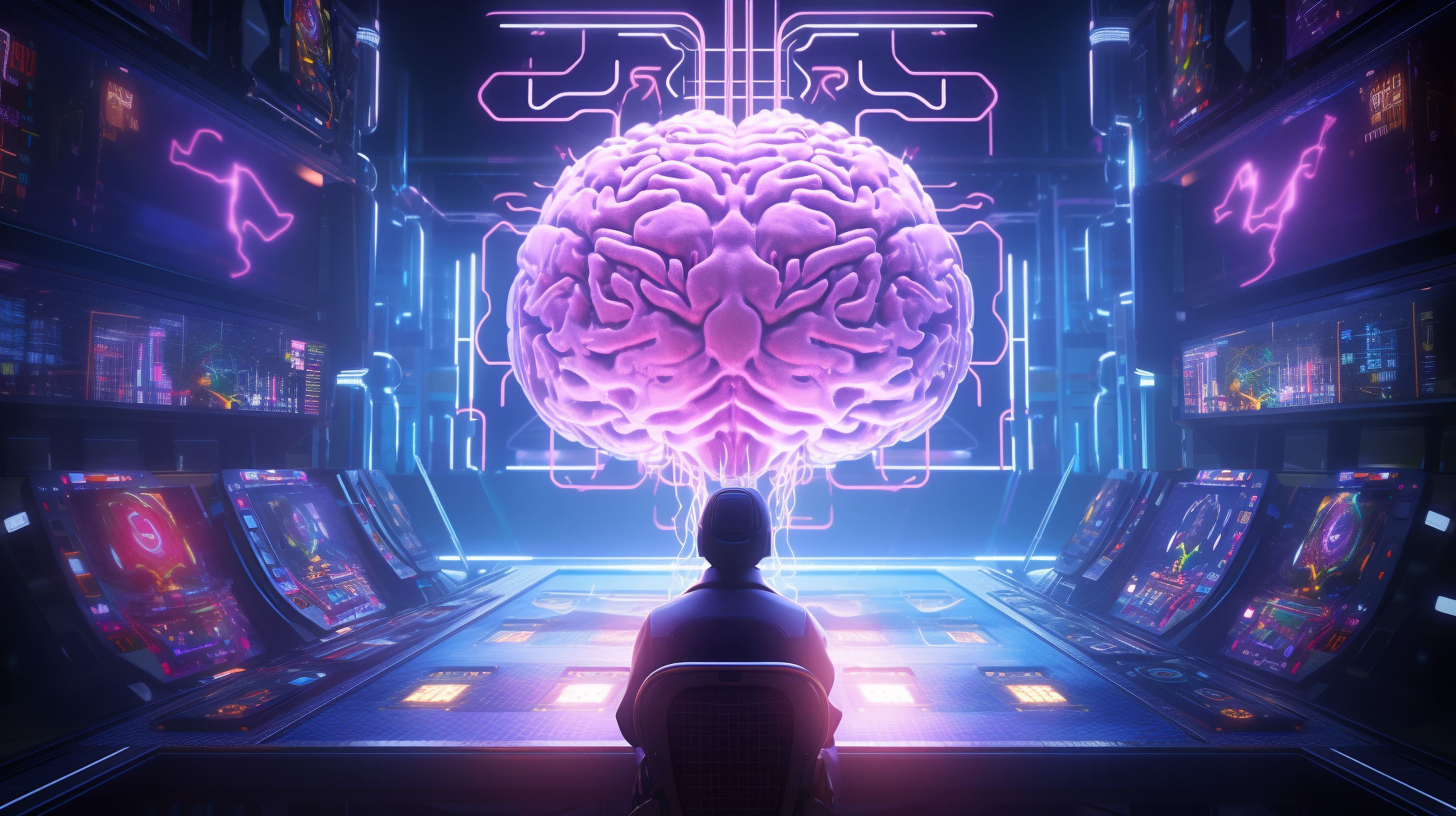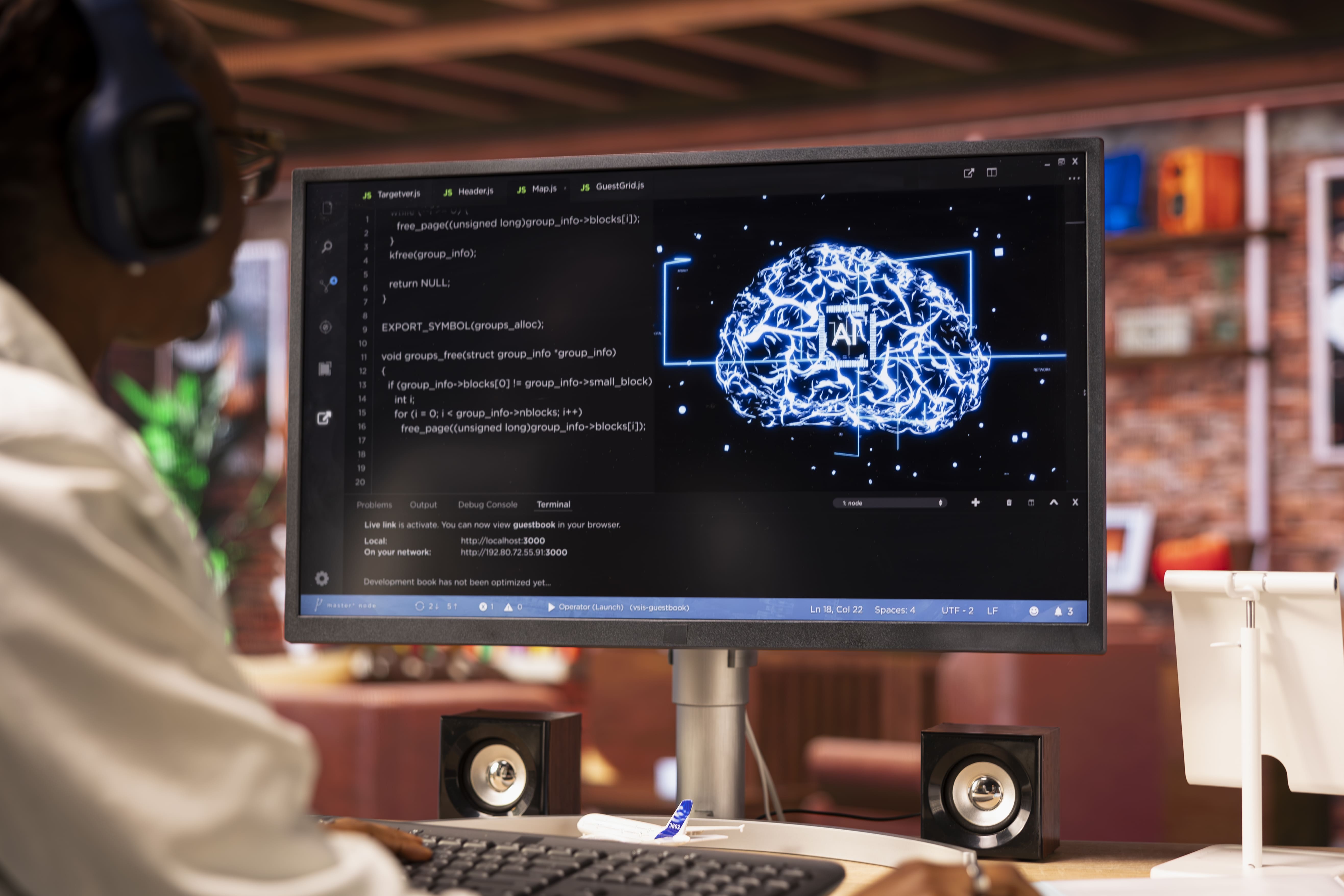 SITASRM ENGINEERING & RESEARCH INSTITUTE
SITASRM ENGINEERING & RESEARCH INSTITUTE
 SITASRM ENGINEERING
SITASRM ENGINEERING & RESEARCH INSTITUTE

SITASRM ENGINEERING & RESEARCH INSTITUTE
Menu
The Ultimate Full Stack Developer Course Roadmap
Introduction to Full Stack Developer Course
Ever felt like you're caught between two worlds in the tech industry? You love designing beautiful user interfaces, but also get a thrill from building robust server-side logic. What if you didn't have to choose? What if you could master both and become the ultimate tech superhero? Welcome to the world of Full-Stack Development, where you're not just building one piece of a puzzle, but the entire magnificent machine. If the idea of creating digital experiences from concept to deployment excites you, then buckle up. This guide will lay out exactly what a comprehensive full stack developer course should cover to get you where you want to be.
The demand for Full-Stack Developers is exploding. Companies need versatile talent who can seamlessly navigate both the "front-end" (what users see) and the "back-end" (the server, database, and application logic). This holistic understanding makes Full-Stack Developers incredibly valuable. But how to become a full stack developer isn't a secret. It's a journey that requires dedication, the right learning path, and a clear understanding of the tools and skills involved. Let's map out that journey.
Foundation First: The Core Skills for Any Full Stack Developer Course
Before diving into complex frameworks, every aspiring full-stack developer needs a solid foundation. Think of these as your building blocks:
-
HTML & CSS: These are the absolute basics for any web development. HTML structures the content, and CSS styles it to look good. You'll learn to craft web pages that are both functional and visually appealing.
-
JavaScript: This is the lingua franca of the web. JavaScript brings interactivity to your web pages. It's essential for both front-end and back-end development in a modern full stack developer course. Mastery of JavaScript is non-negotiable.
-
Version Control (Git/GitHub): Collaborating on code is fundamental. Git allows you to track changes, revert to previous versions, and work efficiently with teams. GitHub is a popular platform for hosting code repositories.
Mastering the Front-End: Crafting User Experiences
The front-end is what your users directly interact with. It's about responsiveness, aesthetics, and user experience. A strong full stack developer course will deeply cover:
-
Front-End Frameworks/Libraries (React, Angular, Vue.js): These powerful tools simplify building complex, dynamic user interfaces. React is incredibly popular due to its component-based architecture and vast ecosystem. Angular offers a comprehensive framework for large-scale applications, while Vue.js is known for its simplicity and flexibility. Understanding at least one of these is crucial.
-
Responsive Design: Websites need to look good and function well on all devices – desktops, tablets, and mobile phones. Learning responsive design techniques is a must for modern web development.
-
Web Performance Optimization: Users expect fast-loading websites. A good full stack developer course will teach you techniques to optimize your front-end for speed and efficiency.
Diving Deep: The Back-End and Database Essentials
The back-end is the engine behind your application. It handles data storage, server logic, user authentication, and more. This is where your application's intelligence resides:
-
Back-End Languages/Runtimes (Node.js, Python, Ruby, Java, PHP): While JavaScript is key, many back-end systems use other languages. Node.js (JavaScript on the server) is highly popular for full-stack developers. Python (with frameworks like Django or Flask) is versatile for web development and data science. Ruby (with Rails), Java (with Spring), and PHP (with Laravel) are also strong contenders. A comprehensive full stack developer course will typically focus on one or two prominent options.
-
Databases (SQL & NoSQL): Your application needs to store data.
-
SQL Databases (e.g., PostgreSQL, MySQL): These are relational databases, excellent for structured data.
-
NoSQL Databases (e.g., MongoDB, Cassandra): These are non-relational, ideal for flexible, unstructured data. Understanding how to interact with and manage data in both types is critical.
-
APIs (RESTful APIs): Applications communicate via Application Programming Interfaces. Learning to build and consume RESTful APIs is fundamental for full-stack development.
-
Authentication & Security: Protecting user data and ensuring secure access is paramount. Topics like JWT (JSON Web Tokens), OAuth, and common security vulnerabilities should be covered.
Beyond Code: Deployment, Tools, and Continuous Learning
A full stack developer course isn't complete without covering deployment and maintaining applications:
-
Cloud Platforms (AWS, Azure, Google Cloud): Understanding how to deploy and manage your applications on cloud infrastructure is increasingly vital.
-
DevOps Basics: Concepts like Continuous Integration/Continuous Deployment (CI/CD) pipelines streamline the development process.
-
Testing: Writing unit tests, integration tests, and end-to-end tests ensures your code is robust and reliable.
-
Problem-Solving & Debugging: These are soft skills, but absolutely essential. Learning to approach problems systematically and debug code efficiently will save you countless hours.
Your Pathway to a Thriving Career
So, how to become a full stack developer? It requires dedication and a structured learning path. Look for a full stack developer course that offers hands-on projects, mentorship, and a curriculum that evolves with industry trends. Practical experience through personal projects, open-source contributions, and internships is invaluable.
Regarding compensation, the full stack developer salary in India is highly competitive and growing rapidly. Investing in a quality full stack developer course is an investment in a rewarding and in-demand career. The blend of full stack developer skills you acquire makes you a truly indispensable asset to any tech team. At SERI, we empower your career with 100% placement assistance. Explore our specializations today and book your seat now – admissions are open! Your journey to building the future starts here.
.jpg)















































